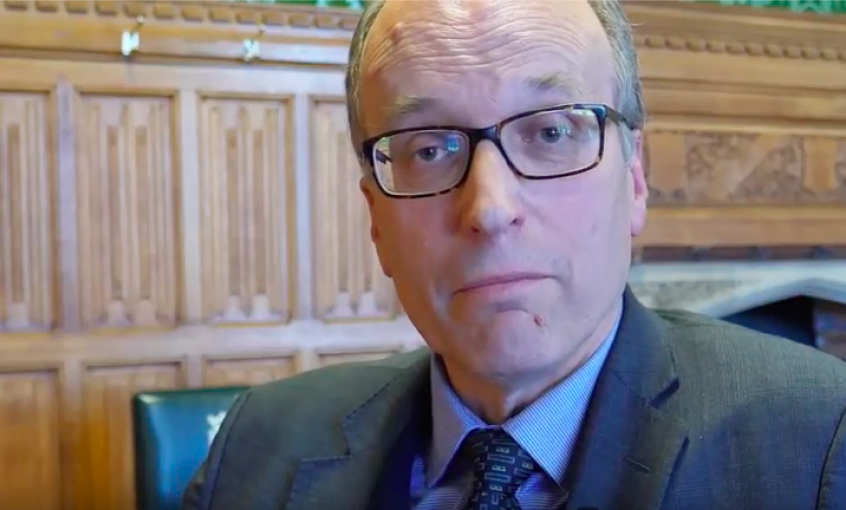Theresa May's 'hostile environment' policy on immigration has created a country which is 'markedly nastier', the Church of England's policy adviser has said.
Rev Martin Kettle hit out at describing people as 'illegal' immigrants, adding it is 'simply is not possible' to believe in the Bible's teachings and support a 'hostile environment'.
The 'hostile environment' policy was implemented under May's time as home secretary when she tried to reduce net immigration from around 250,000 to the 'tens of thousands'.
'The aim is to create, here in Britain, a really hostile environment for illegal immigrants,' she said in 2012. The approach, which included forcing banks, landlords and NHS Trusts to carry out checks on people's immigration status, has been heavily criticised following the Windrush scandal.
Kettle, who forms part of the Church's mission and public affairs team, implied it is impossible to follow the Bible's teaching and support the Conservative's 'hostile environment' immigration policy.
'There is enough evidence, already, that the measures which Parliament has incrementally approved in pursuit of this hostile environment are constructing an environment for everyone which is markedly nastier,' he said, writing in a personal capacity for a blog site.
'No one is illegal – that is, no one exists illegally. In some places it has been illegal for black and white people to make love. So dual-heritage people were in that context illegal, in exactly the same sense that "immigrants" may be "illegal" today. No one exists illegally, anywhere, ever. God's favour rests on each single one. Worse still, of course, is turning the adjective into a noun, "illegals".

'A hostile environment begins with what is politely known as "othering". The oldest profession, in politics, is the uniting of the people against a common foe. If a real foe does not exist, it becomes necessary for one to be invented.'
He added: 'This is a fabulous opportunity for Christians to speak of the common good, to reach for those organic metaphors about community unity with which the New Testament is liberally stuffed. It simply is not possible, either in logic or in the real world, to talk about Britain both in this way and in terms of a hostile environment.'
He added a Christian approach to immigration was not 'incompatible with people being responsible for their actions, and being held responsible.
'For all but an out-and-out no-borders internationalist, of whom there are rather few, it may be right that a particular person who has entered the UK illegally should be removed from the UK. It is not necessary to pillory and execrate that person in the process,' he said.
'If we only realised this we could save the country a lot of money and close most of the immigration detention centres, without going soft in any way on illegal behaviour.'













